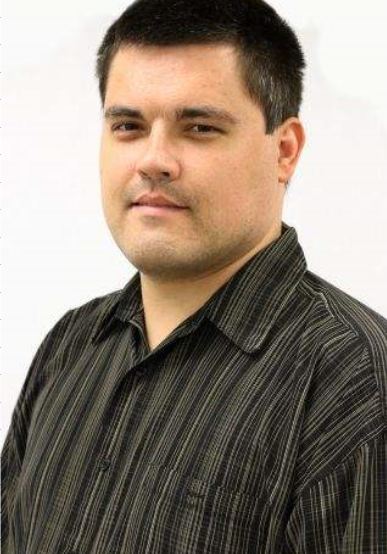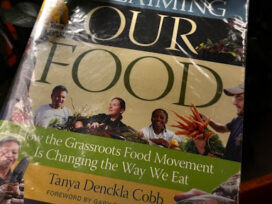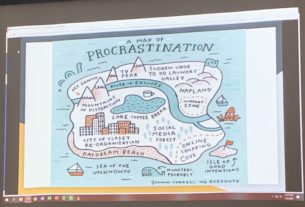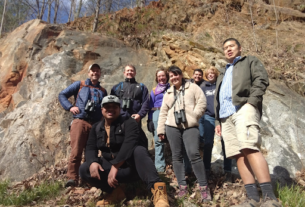
Survey of Physical & Cultural Anthropology
Nestled in the PVCC Sociology department, lies the only anthropology course offered, SOC 210.40: Survey of Physical & Cultural Anthropology. This 3-credit humanities course is taught by Adjunct Assistant Professor of Sociology Brian Robbins.
Anthropology is the study of all aspects of the human experience at all times and places, which is as broad as it sounds. Major subfields of anthropology include physical/biological anthropology, archaeology, linguistics, and cultural anthropology.
When asked why a student should take Anthropology, Robbins said, “You should take anthropology because this is the only class that looks at you and the people you’re related to, back through time, and uncovers the story of how you came to be here, speaking the language you do and viewing the world in your culture’s unique, modern perspective.
Everything from Marvel Comics and Bigfoot to the pyramids and the birth of agriculture are discussed in the class, demonstrating how so many parts of the human story are linked and overlap with one another.”
Robbins attended Bevill State Community College in Hamilton, Alabama, and studied at the University of Alabama where he received his bachelor’s in Religious Studies, as well as his master’s in anthropology. He also took four years of graduate courses in physical anthropology at the Ohio State University.
Robbins said that in this class,“You will learn the origins of our species 300,000 years ago ending at the beginning of written history. In order to take this journey, you will be provided with an understanding of basic evolutionary forces, genetics, the study of primates, the birth of ‘civilization,’ and the aspects of all human cultures, such as religion, kinship, gender, language, and economic systems. As a survey class, you are given the opportunity to explore a wide variety of things anthropologists study,”
Robbins has been teaching Anthropology for three years at PVCC, two of them being in person and the other online last year. His favorite subfield of anthropology is physical/biological anthropology. He also enjoys paleopathology, the study of ancient disease.
When asked what he hopes a student gains from his class, Robbins said, “Among the various facts and figures that may be presented to the students, there is one thing I want them to take away above all else: perspective. We’re all the same at the end of the day. We experience joy and pain and try to get by each day. That is the universal human experience. The details can vary greatly across space and time. I want my students to leave the class thinking about that. Anthropology is the human story. As humans, we each have a lifetime to write our chapter. I hope my students can be a little more creative in their story now that they have had a look at many of the other chapters. Perspective is so important, perhaps more now than ever.”






